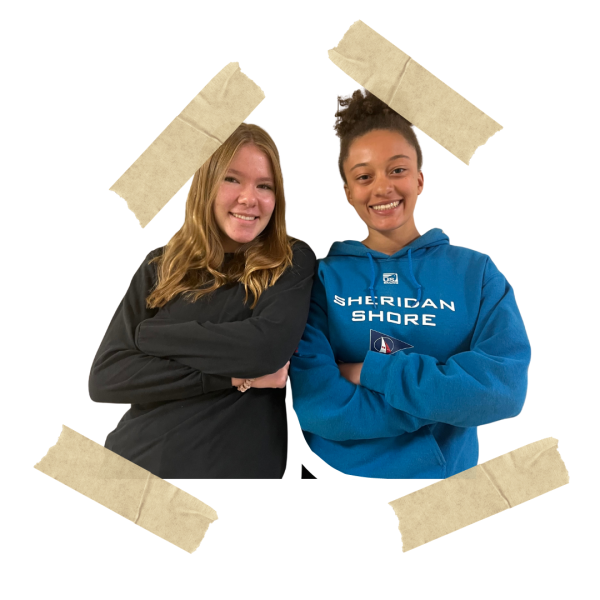We need to make good on the promise of radical change
March 23, 2018
This month, Evanston students made an important political demonstration with a bold message. We need to expand and extend that message.
By expressing their political will, young people are establishing themselves. Apathetic and “unlikely to turnout” no longer describes young voters. This type of direct democracy is fixing the currently failing representative model. These proposals being taken seriously show that something is being done right.
The shift in conversation around the role of students in politics marks an auspicious start to a broader youth movement, a whelming tide that threatens to sink the old status quo. Past protests like the university uprisings in 1968, the march against apartheid in 1976, and Iran’s student revolution in 1999 all serve as testament to our potential.
If students today want to replicate those results, we must ask what must be done beyond riding the wave we have already created. What problems plague our world and community, and what can be done to disrupt them?
For example, evidence that Evanston police act on significant racial bias has not been addressed by our local government. Many of the names called out during the speeches and from the audience included victims of police brutality, yet none of the policy demands in the script used to call representatives included making the police less lethal.
This criticism is not that the walkout was racist, but that it is dangerous to view the walkout as an accomplishment instead of one of many means to an end. Policy reform happens through the constant testing, challenging, and refinement of arguments and demands.
That means a variety of methods need to be employed to make our commitment convincing. Already news syndicates like Fox have discredited the Stoneman Douglas kids in the eyes of millions of viewers by denouncing them as being “scripted” by adults with an agenda.
Despite how grateful we are for the generous support of our school and administration, it must be demonstrated that some of us don’t care what Drs. Witherspoon, Campbell or Bavis think. Any progressive cause endorsed by the student majority is not because we’re excused from class and not because it’s convenient. Next steps include contacting our representatives and voting in upcoming elections, but riskier options need to be taken.
Residents of Evanston can start with demanding police reform. The city council should promise that once adequate gun laws are passed and enforced that police presence will decrease.
This is obviously just a suggestion of an issue Evanston residents might consider worthwhile, but more importantly the lesson from this success should be that a cause does not have to be sanctioned by adults to be worth fighting for. The statements made by the student leadership went past what our most progressive representatives would be willing to endorse.
As the coming weeks will be filled with the cliche “the fight isn’t over,” we’ll be urged to continue to take action by adults and each other. Now is the time to explore new solutions to our current problems.
What about reparations? Or an income ceiling? Why hasn’t the state of Illinois expanded title IX protections to include gender instead of sex?
It’s also time to explore new methods of resistance. Next steps happen at the ballot box, but they also happen in the streets. We should not hesitate to disobey unjust laws when the time is right.
We should not be afraid to endorse political ideas and actions that aren’t popular in modern politics because the radical “unrealistic” propositions of yesterday are the standard procedures of today.



















